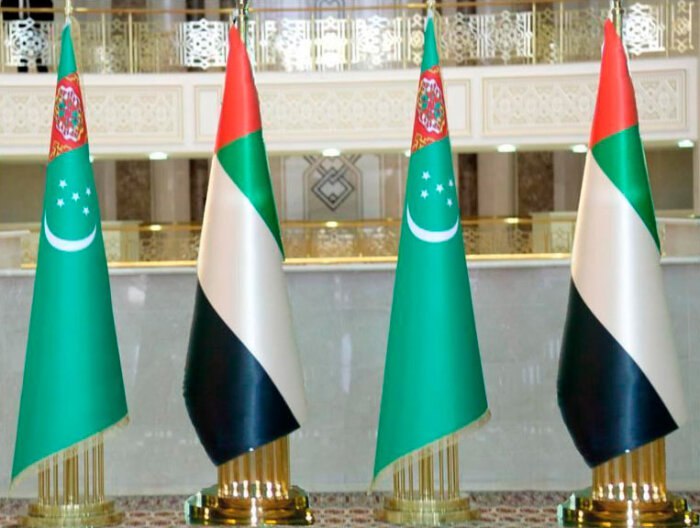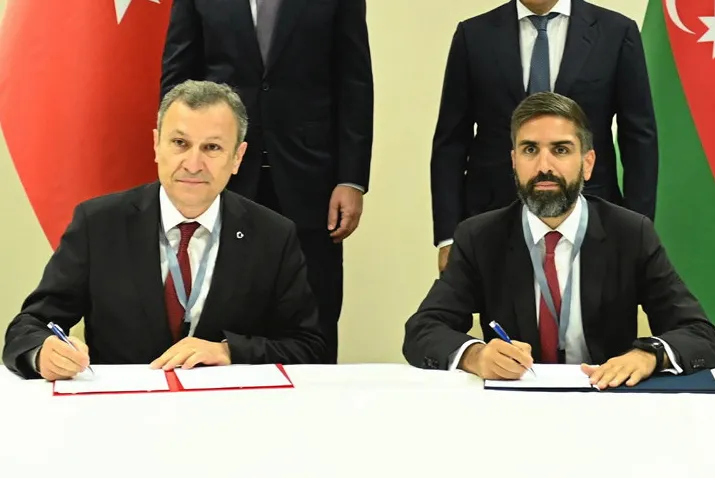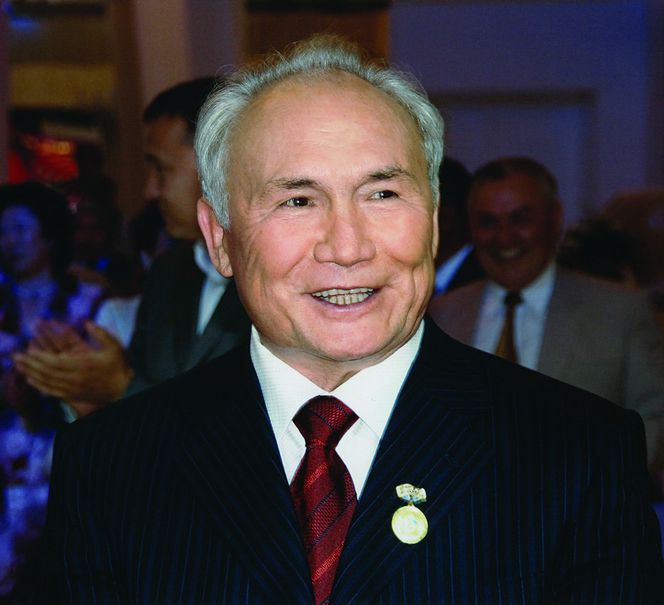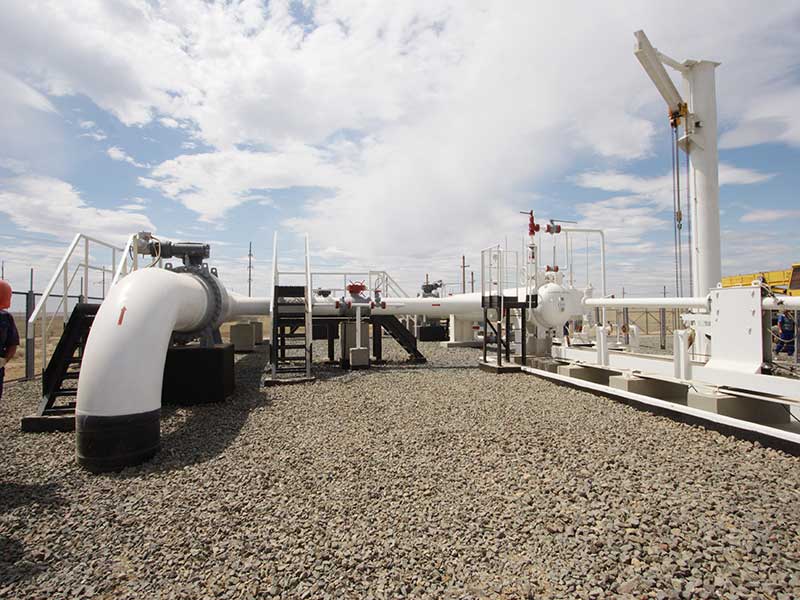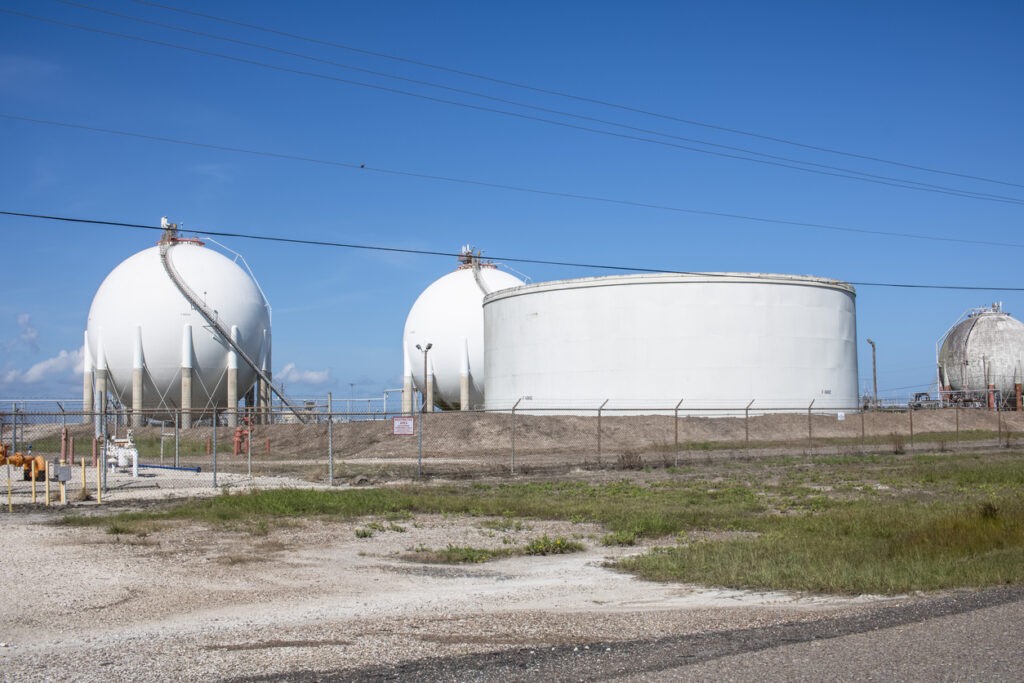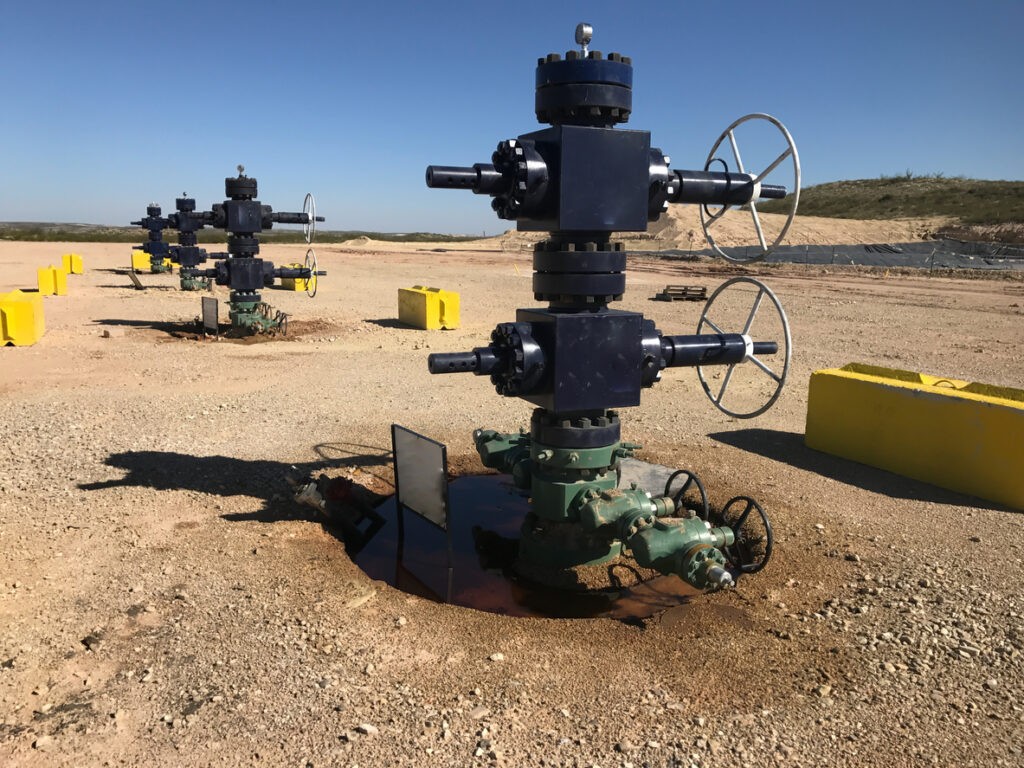Viewing results 1 - 6 of 410
Turkmenportal reports that prospects for further cooperation in the fuel and energy sector were the focus of recent discussions between Chairman of the Halk Maslahaty of Turkmenistan, Gurbanguly Berdimuhamedov, and the Executive Director of Dragon Oil Company, Ali Rashid Al-Jarwan. According to the publication, Turkmenistan and the UAE are among the richest countries in the world in terms of natural gas and oil reserves and both have extensive experience in developing the oil and gas industry. Dragon Oil has now been operating in Turkmenistan for a number of years. Commenting on the UAE's positive relationship with the country Al-Jarwan expressed gratitude for the opportunity to work in Turkmenistan. Berdimuhamedov in turn, emphasized that the active bilateral interaction enjoyed by the parties was due to the joint efforts of the countries' leaders and expressed Uzbekistan's readiness to further expand productive cooperation with Dragon Oil . Both sides expressed confidence that their existing mutual interests would provide a strong basis for more fruitful cooperation in the oil and gas sector.
Turkey's president Recep Tayyip Erdogan has said that it is "only a matter of time" before gas from Turkmenistan is exported to Turkey and Europe through the expanded Trans-Anatolian Gas Pipeline (TANAP) project. “Our long-standing cooperation, crowned with infrastructure investments such as Baku-Tbilisi-Ceyhan, Baku-Tbilisi-Erzurum pipelines, and TANAP, has not only benefited Turkey and Azerbaijan but has also made significant contributions to the energy security of the region and Europe,” Erdogan said at the International Caspian Oil and Gas Exhibition in Azerbaijan's capital of Baku. Two gas routes from Turkmenistan to Azerbaijan are being reported. The Turkish Daily Sabah reports that this plan involves transporting gas by sea on gas carrying ships. Upstream, citing experts, reports that SOCAR will start negotiations with Turkmenistan on the resumption of gas supply through Iran under the exchange scheme. On June 4th, Turkey’s Botas Petroleum Pipeline and Azerbaijan’s SOCAR also signed agreements to promote an intergovernmental deal calling for cooperation on natural gas issues reached in May. In one of the five signed contracts, Botash and SOCAR must jointly organize the natural gas supply from Turkmenistan to Azerbaijan and then through Turkey to other countries.
Representatives of the General Prosecutor's Office of Kazakhstan have reported that an oil terminal in the port of Aktau belonging to Askar Kulibayev has been returned to the state. The 134-hectare property is valued at $66 million. “It was established that in 2011, the oil terminal was alienated into the ownership of Kulibayev's company. On February 26th, 2024, by the decision of the Specialized Inter-district Economic Court of Mangistau region, the claim of the Almaty city prosecutor was satisfied, and the oil terminal was returned to the state's ownership," said the supervisory body. The Almaty prosecutor's office stated that the claim was filed to compensate for the damage caused by the unlawful seizure of a foreign investor's property. However, the official message does not name the affected company. Now 87-years-old, Askar Kulibayev served as First Secretary of the Guryev (now Atyrau) Regional Committee of the Communist Party of Kazakhstan and as the Minister of Construction in independent Kazakhstan. He is the matchmaker of former President Nursultan Nazarbayev's daughter, and the father of Kazakhstan's richest man, Timur Kulibayev. In 2024, Timur Kulibayev and his wife Dinara Kulibayeva, still sit atop the list of the richest Kazakhs. The combined fortune of the Nazarbayev family is estimated at almost $10 billion.
Pipeline operators PERN (Poland) and Transneft (Russia) have agreed to ensure the continued transit of Kazakh oil to Germany, reported Reuters. The Druzhba pipeline runs through Russia to the Belarusian city of Mozyr, after which it splits northwards in the direction of Poland and Germany, and southwards, to Hungary, the Czech Republic, Slovakia and Croatia. The northern pipeline has the capacity to carry two million barrels of oil per day from Kazakhstan into Poland. Back in April, Transneft warned Kazakhstan that the transit of its oil to Germany could cease as a result of the situation concerning the certification of oil flow meters in Poland. The devices must be periodically certified for compliance with Russian standards and the verification of oil flow meters on the Polish section of the Druzhba pipeline must be completed by June 5. To address the issue , the Polish pipeline operator PERN, Russian state-owned Transneft, and German refiner PCK Schwedt, which receives supplies from Kazakhstan, have agreed that the German company will maintain oil flow meters on the Polish section of the Druzhba pipeline. The work required to maintain metering on the Polish section and in turn, remove the risks imposed by PERN's sanctions, are to be undertaken by an unnamed Slovak company.
Turkmenistan and Pakistan intend to independently finance the construction of the TAPI gas pipeline (Turkmenistan-Afghanistan-Pakistan-India) to transport Turkmen gas to Europe, according to a statement made by Pakistani Minister, Musadiq Malik, who said the decision was driven by the international community's reluctance to recognize the Afghan government, which has stalled foreign funding. "Turkmenistan, rich in gas reserves and currently only selling to China, has considered exporting its gas to Europe via an LNG train," Malik was quoted as saying by the Profit portal. The minister also talked about the idea of exporting Turkmen gas to the EU via Pakistan. According to this plan, the gas would be piped to Pakistan, and then transported to Europe by rail. According to previous agreements, the $10 billion TAPI gas pipeline project was to be 30% financed ($3 billion) by the participants, and 70% ($7 billion) by loans from international financial institutions. Of the 30% to be allocated by the participating countries, 85% ($2.55 billion) was from to Turkmenistan, and the other 5% ($150 million each) from Afghanistan, Pakistan and India.
The government of Turkmenistan has reported that a group of scientists working for the state company Türkmengaz have developed a new technology to increase the productivity of depleted gas wells. The technology, which uses hydrogen thermobaric chemicals, impacts the reservoir and increases production of oil, gas, and condensate. This allows for more efficient use of resources.
